Are you navigating the sometimes tricky waters of call recording disclosures? Whether you're a business owner ensuring compliance or an employee curious about your rights, understanding the nuances of call recording can feel overwhelming. In this article, we'll break down essential points you need to know about notifying parties involved in a call about recording practices. So, stick around to discover important tips and templates that will help you manage call recordings with confidence!
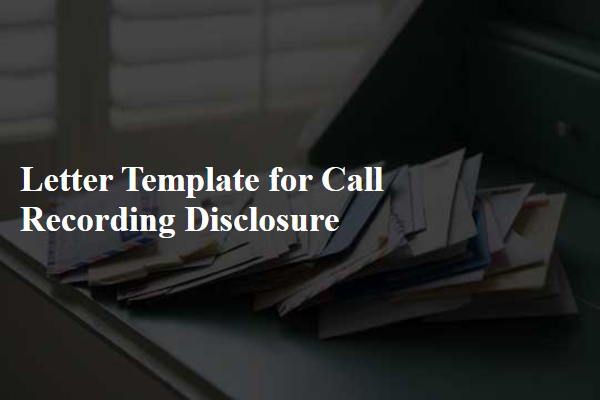
Purpose of Recording
Call recording serves various purposes including enhancing customer service quality, ensuring compliance with legal standards, and providing training resources for employees. Recordings can help document interactions between businesses and clients, offering clear audio evidence in potential disputes. In industries such as finance and healthcare, recording calls is essential for meeting regulations like the Financial Industry Regulatory Authority (FINRA) and the Health Insurance Portability and Accountability Act (HIPAA). Moreover, these recordings can be valuable for analyzing customer feedback, improving service strategies, and maintaining high performance standards among staff members.
Consent Requirement
Call recording disclosure is a critical aspect of maintaining transparency in communications, particularly for businesses and organizations. In jurisdictions such as the United States, the requirement for consent can vary significantly by state, with some states adhering to "one-party consent" laws while others necessitate "two-party consent." This legal framework protects the privacy of individuals involved in telephone conversations. Prior to commencing a call, entities often implement a disclosure statement, informing participants of the recording process, thereby fulfilling the requirement and safeguarding against potential legal ramifications. Additionally, the Federal Communications Commission (FCC) enforces guidelines that mandate clear notification to all parties, ensuring compliance with federal regulations. This practice reinforces trust and maintains ethical standards in business interactions, ultimately enhancing customer relationships and business reputations.
Confidentiality Assurance
Confidentiality in call recording practices ensures that sensitive information remains protected during communications, especially in industries like finance or healthcare. Legislative frameworks, such as the General Data Protection Regulation (GDPR) in the European Union, mandate explicit consent for recording conversations. Additionally, organizations must inform clients about the purpose of recordings, which may include quality assurance or training for employees. Notable industry standards, such as the Payment Card Industry Data Security Standard (PCI DSS), require strict adherence to confidentiality measures to safeguard personal financial data during calls. Ensuring employee training on confidentiality can further enhance the protection of recorded information, thereby maintaining trust with clients and complying with legal obligations.
Access and Retention Policy
The implementation of a comprehensive access and retention policy for call recordings is crucial for organizations to ensure compliance with legal regulations and protect privacy rights. Call recordings, often associated with consumer interactions in customer service centers or financial institutions, must be securely stored in accordance with governing laws like the General Data Protection Regulation (GDPR) or the Telemarketing Sales Rule (TSR). Retention periods can vary, with many organizations opting to retain recordings for a maximum of 30 to 90 days for quality assurance purposes, whereas legal retention periods may extend up to 7 years for certain industries. Access to these recordings should be strictly controlled, limited to authorized personnel, and monitored through an audit trail to ensure accountability. Employees must be informed about the policy and trained on data handling practices to mitigate risks associated with unauthorized access.
Contact Information for Queries
A call recording disclosure informs individuals that their conversations may be recorded for monitoring and training purposes. The disclosure typically includes specific contact information for any queries or concerns regarding the recording. For example, a customer service team may provide a dedicated phone number (555-1234) or an email address (support@company.com) that users can reach out to with questions. Additionally, organizations may reference relevant privacy policies and compliance regulations, such as the General Data Protection Regulation (GDPR) in Europe, to assure users that their data will be handled appropriately. This transparency fosters trust, enabling users to feel secure in their engagements with the company.

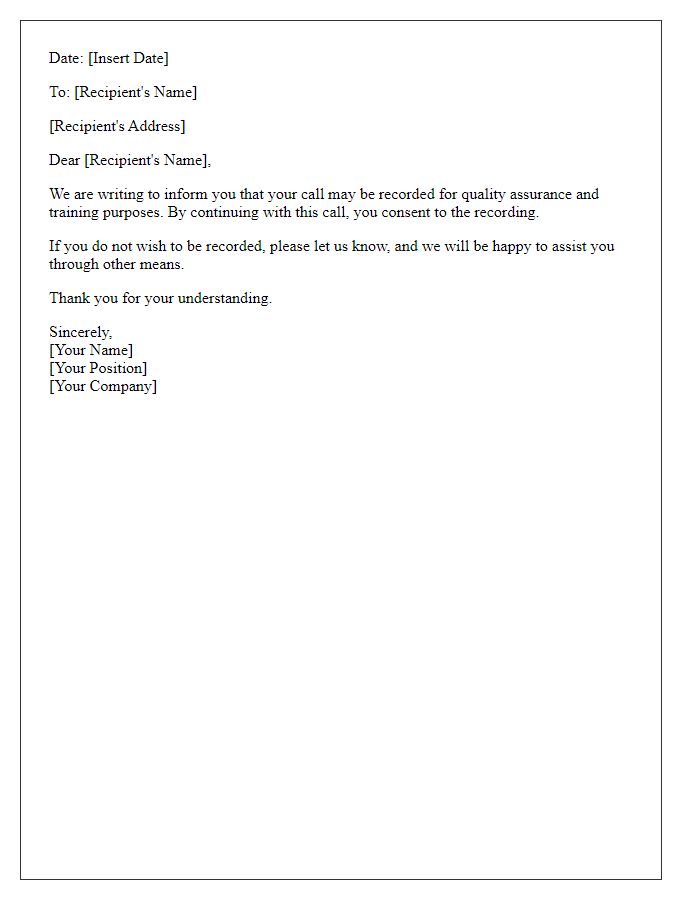
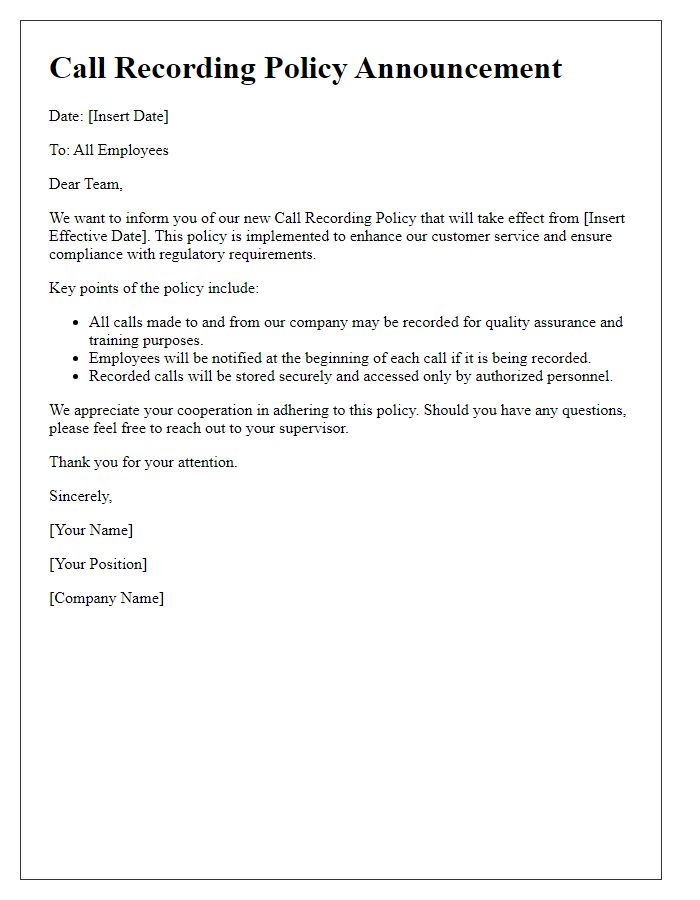
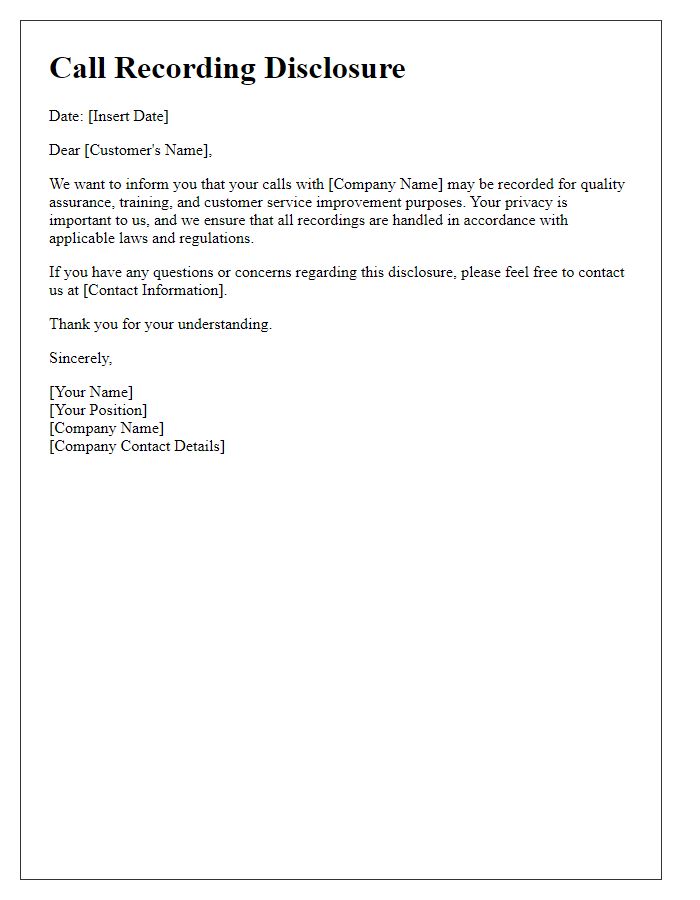
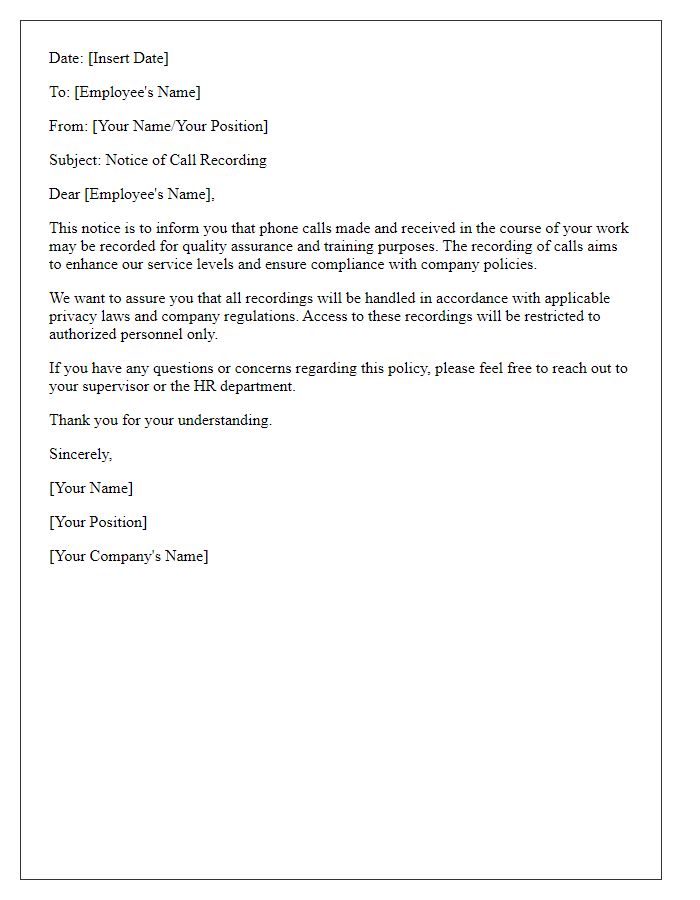
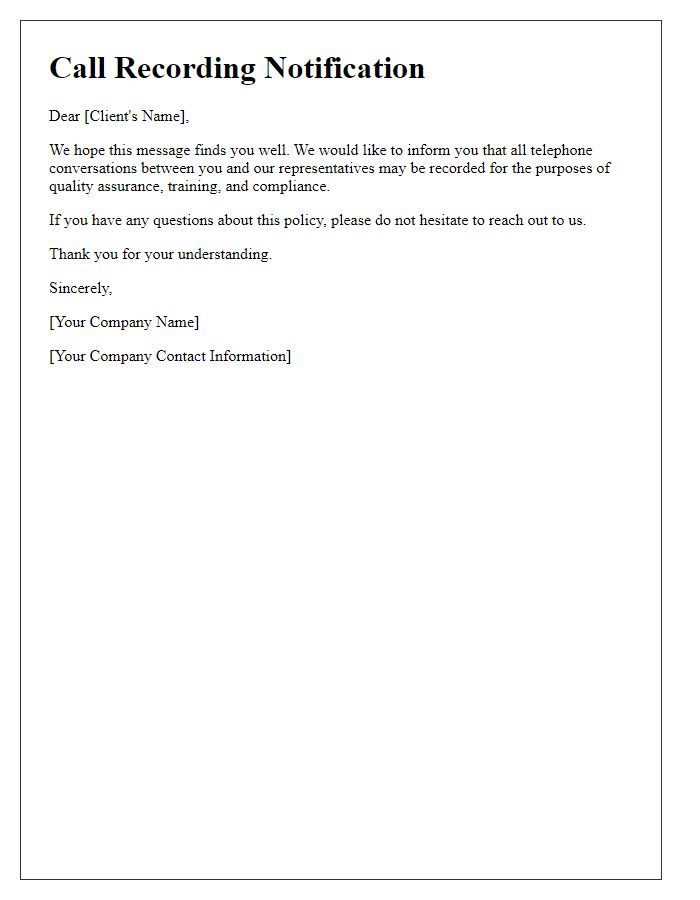
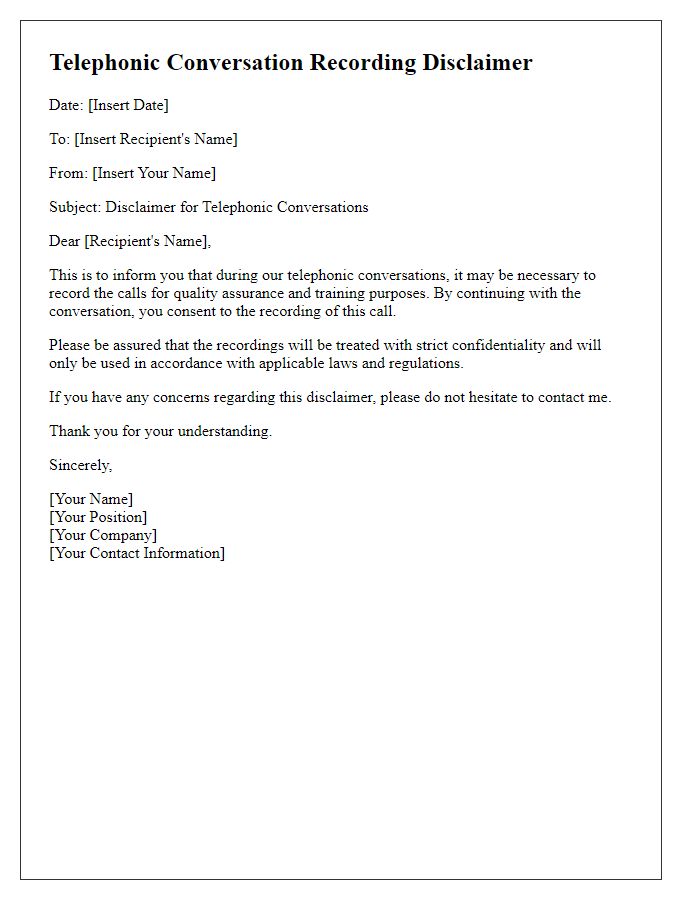
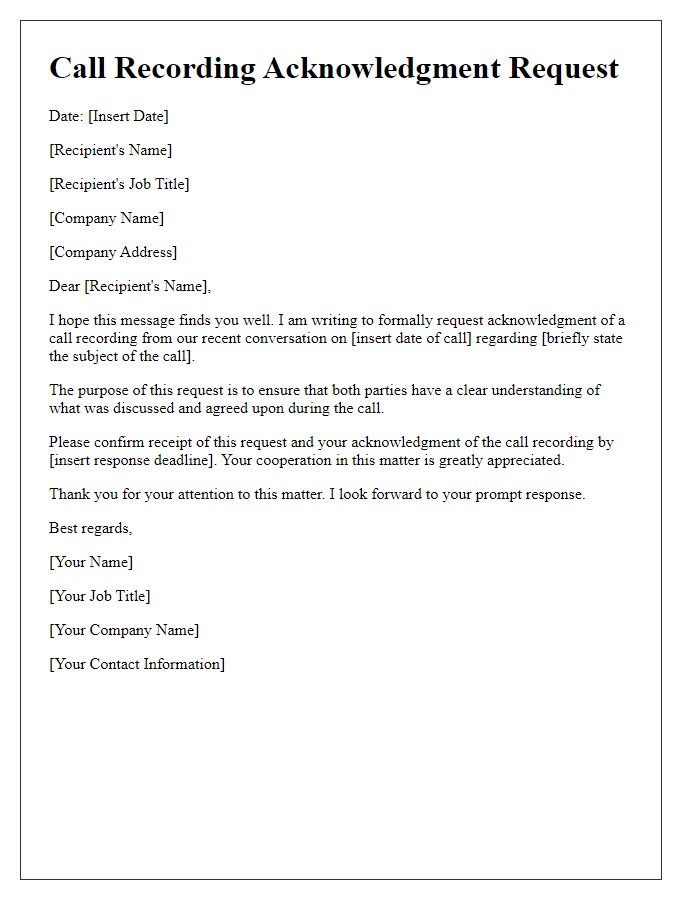
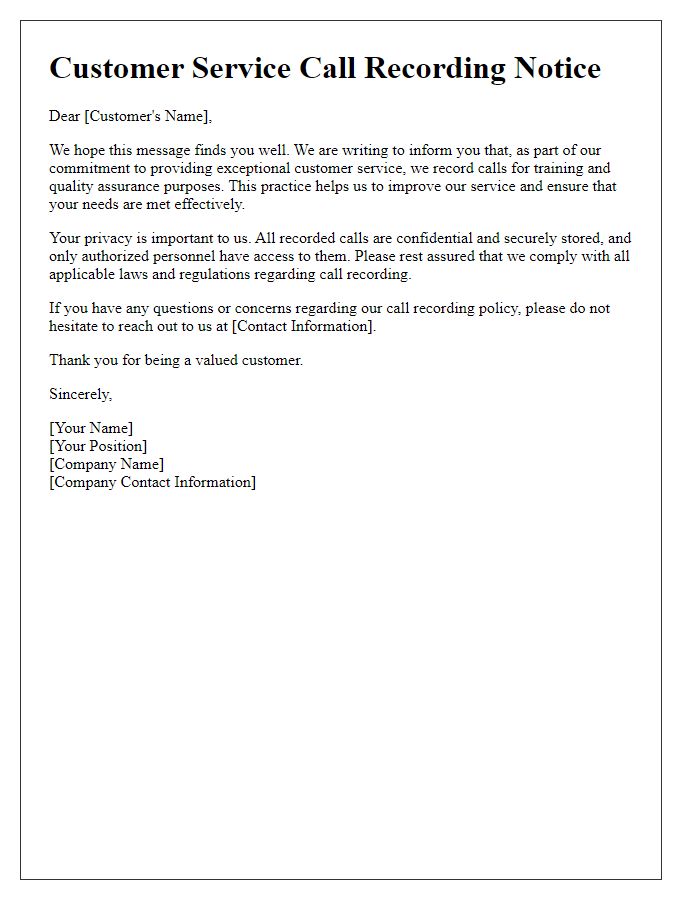
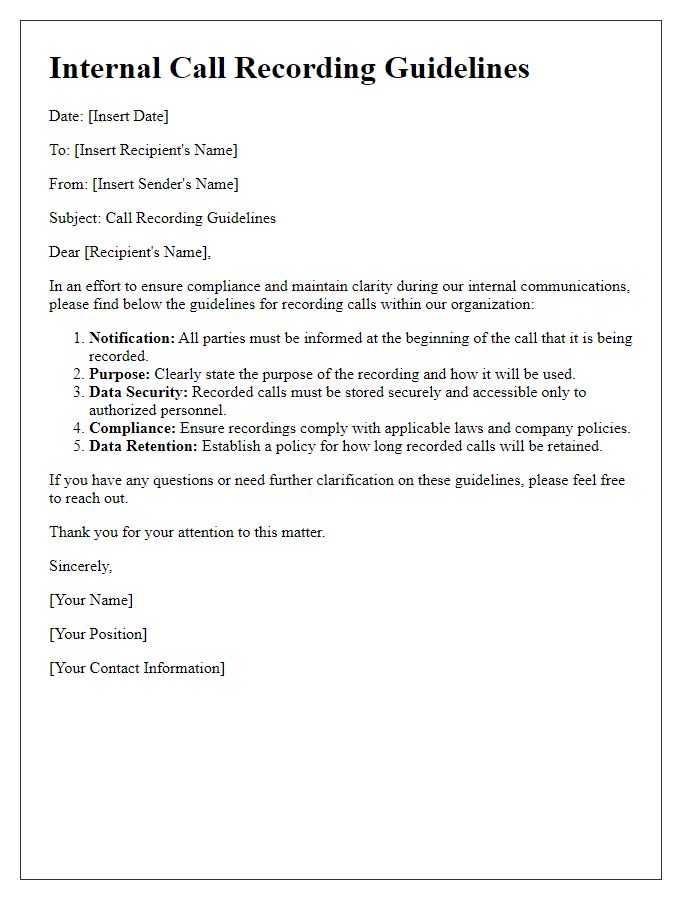
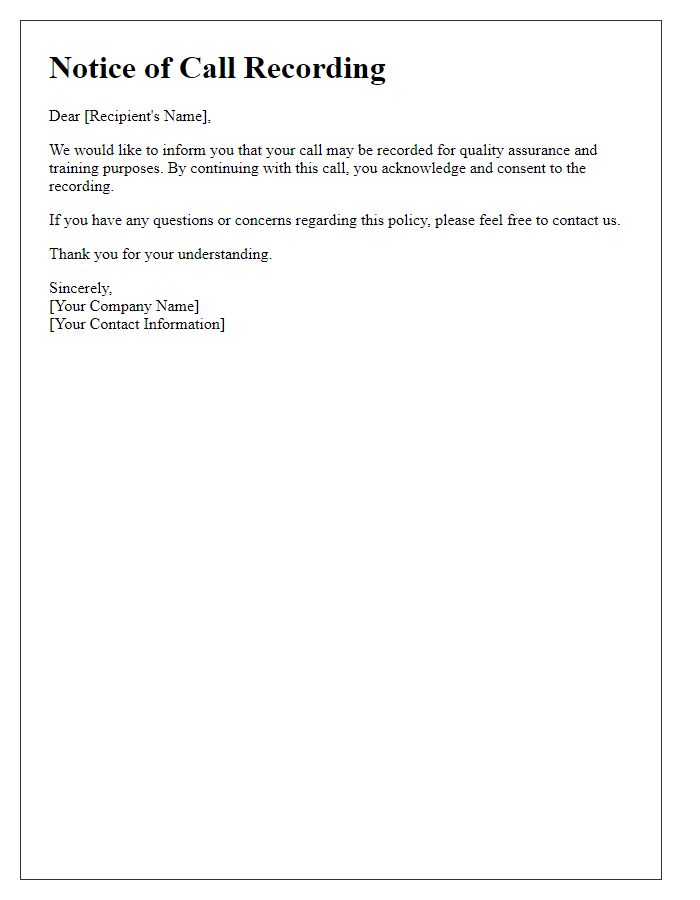

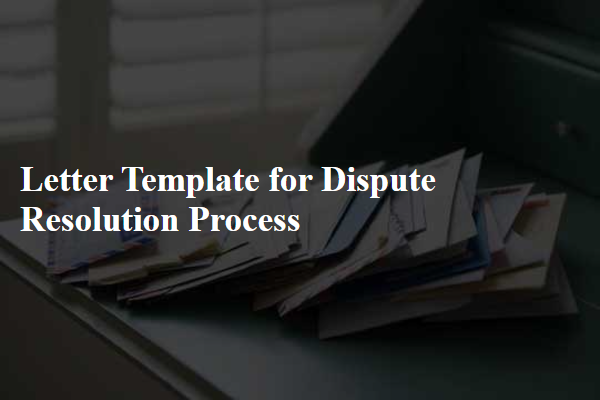
Comments